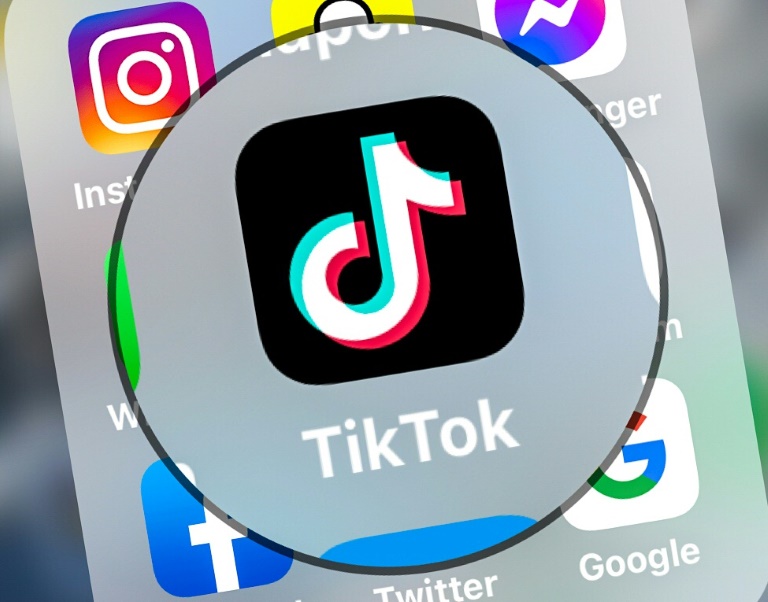While the majority of people can admit to having searched for information on someone else online, few know what’s out there about themselves.
To assess what could be out there, one attempt is to “Google” yourself. Here, input your personal information such as your full name, address, and phone number into a search engine, and work backwards by deleting any public accounts that appear, or contact the website directly asking to be removed.
The Uswitch Broadband have conducted a study asking people to conduct an online search of their own name. This discovered the details of what people found and whether they were happy about the information that’s out there. The output of the assessment has been shared with Digital Journal.
Those most intrigued by what information can be found online about themselves are those aged 25-34 with 63 percent having performed a Google search. Almost 40 percent of both Gen Z and Millennials were concerned that online information about themselves could affect their future prospects.
The assessment revealed that over one-third of adults were surprised by information they found out about themselves. It also stands that 40 percent of those aged 18 – 34 wished content about themselves found online was not available. Overall, this extends to almost a quarter of people expressing regrets about posting things online in the past.
In terms of the seriousness and impact of this content, three out of ten people discovered online information that they believed could negatively impact their future job prospects.
One of the most frequent concerns was in relation to social media. Here almost 30 percent of people had their Facebook profile appear when inputting their name into a search engine such as Google. Other social media sites appearing included Instagram appearing and LinkedIn.
In terms of social media content, more personal details were discovered by some, including one in ten finding photographs of themselves. More alarmingly 5 percent found their home address to be in the public domain, with 4 percent finding their date of birth when inputting their name into an online search.
Facebook, Instagram, and TikTok are the three most popular social media accounts that users most often try to make more private in an attempt to clean up an online presence.
As the Internet has evolved, it is becoming more apparent how permanent our online actions are, and that everything we do adds to our “digital footprint”. How significant this is depends on individual attitudes to privacy and based on the actual content.














